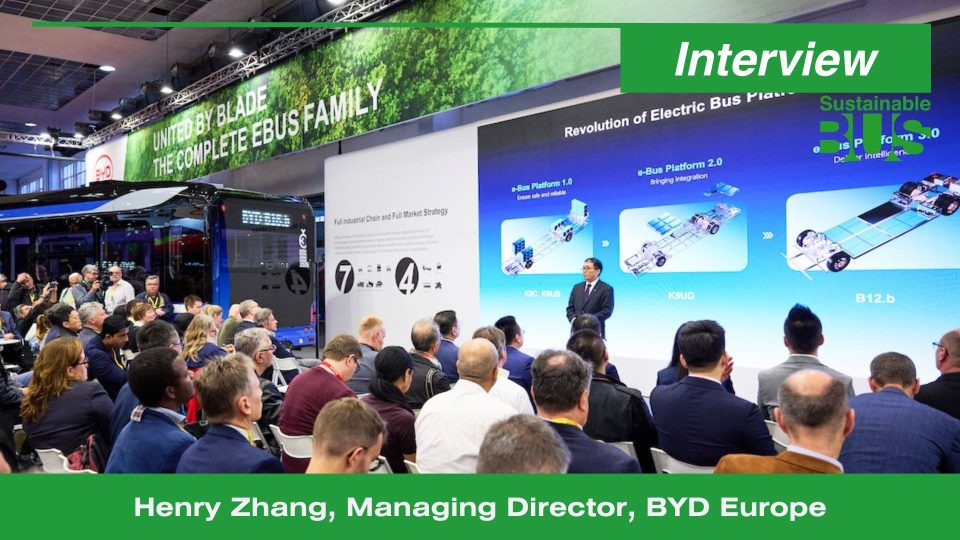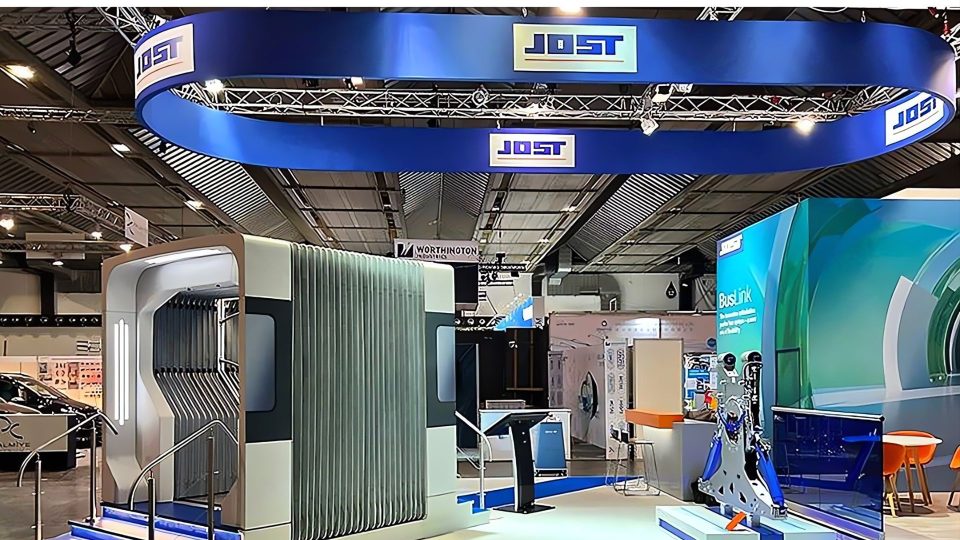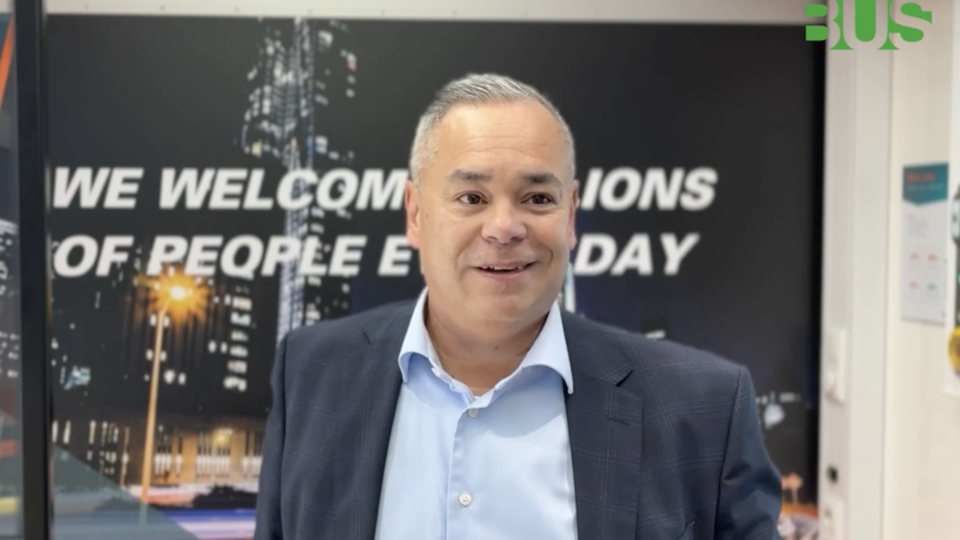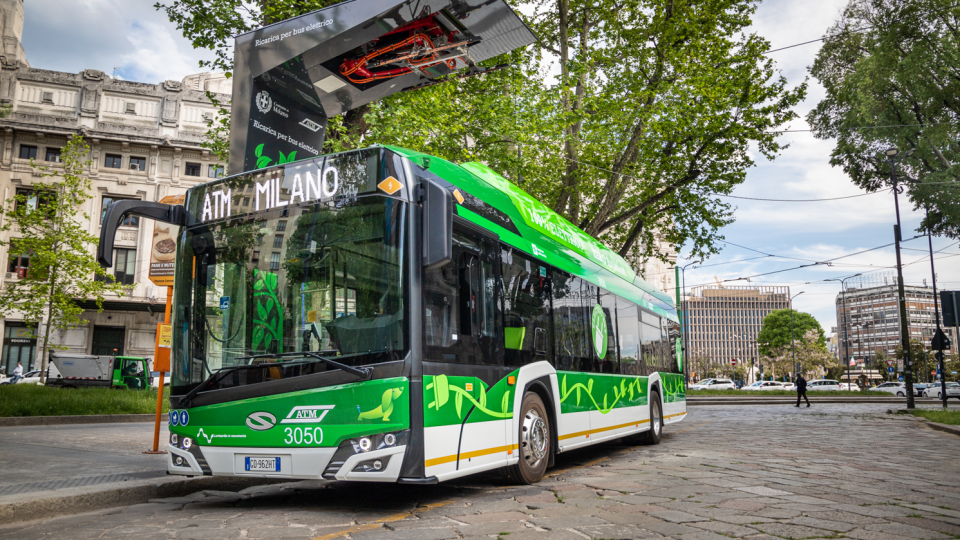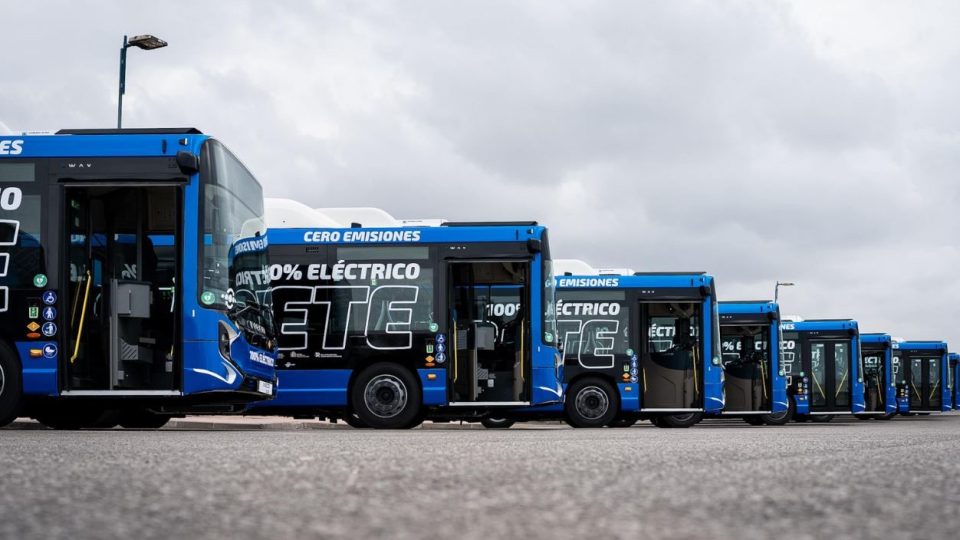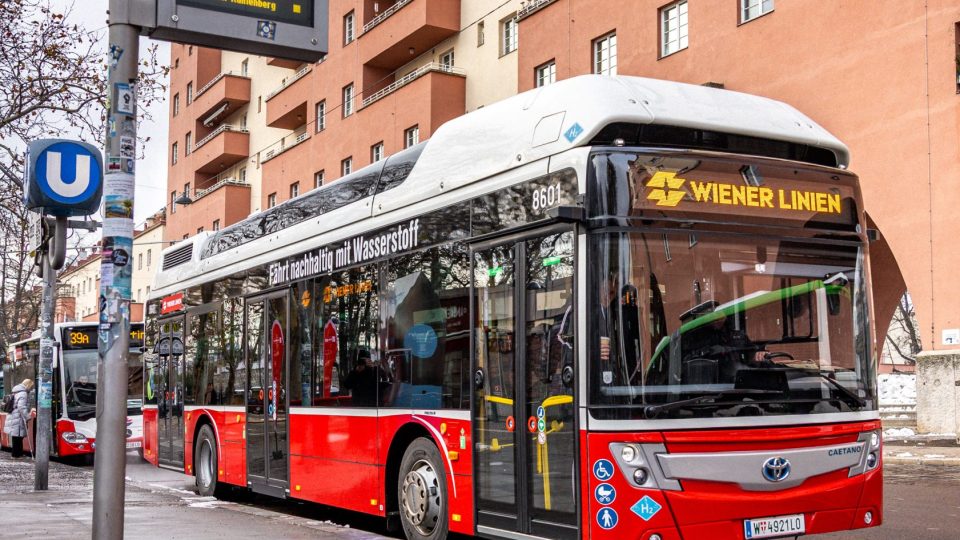At COP27 Biden Administration commits to 100% new truck and bus sales by 2040 signing CALSTART-led MoU
At COP27 the United States signed the Global Memorandum of Understanding (Global MOU) on Zero-Emission Medium-and Heavy-Duty Vehicles, an international agreement supporting a path to 100% new zero-emission medium- and heavy-duty vehicle sales by 2040 with a targeted floor of 30% new zero-emission MHDV sales by 2030, CALSTART reports. CALSTART on Global MOU on ZE medium and heavy duty vehicles […]
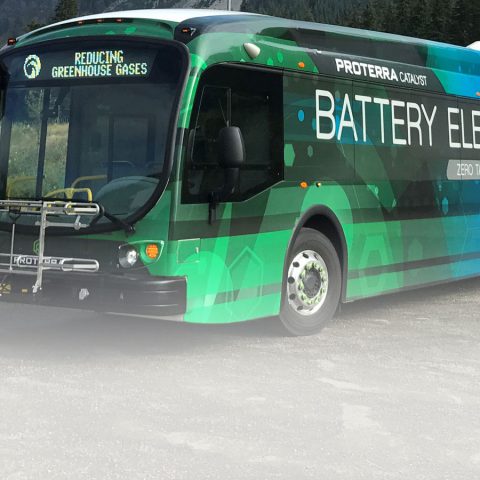
At COP27 the United States signed the Global Memorandum of Understanding (Global MOU) on Zero-Emission Medium-and Heavy-Duty Vehicles, an international agreement supporting a path to 100% new zero-emission medium- and heavy-duty vehicle sales by 2040 with a targeted floor of 30% new zero-emission MHDV sales by 2030, CALSTART reports.
CALSTART on Global MOU on ZE medium and heavy duty vehicles
The no-profit organization stresses that “By transitioning to zero-emission vehicles, fleet owners and operators can receive a $40,000 commercial vehicle credit as part of the Inflation Reduction Act, stimulate job creation, and drive economic growth in the manufacturing sector. Zero-emission MHDVs can also help prevent dangerous air pollution that contributes to premature deaths, asthma attacks, lung cancer, and other cardiovascular diseases”.
Co-led by CALSTART’s Drive to Zero program and the Netherlands, the Global MOU was previously signed by 16 other countries including Austria, Canada, Chile, Denmark, Finland, Luxembourg, Netherlands, New Zealand, Norway, Portugal, Scotland, Switzerland, Turkey, United Kingdom, Uruguay, and Wales.
The non-binding Global MOU has also been endorsed by local governments, manufacturers, and suppliers including (but not limited to) California (United States of America), Québec (Canada), Telangana (India), Berlin Partner for Business and Technology, Scania, Dannar, Lion, Heineken, DHL, and more, CALSTART sums up.
This declaration follows a recent bicameral letter, led by Senator Martin Heinrich (D-NM) alongside 15 other lawmakers, urging President Joe Biden to commit to driving climate emission reductions from trucks and buses.
“As a global leader in logistics and delivery services, DHL Express has long recognized the important role that our industry plays in decarbonizing the transportation sector. The Global MOU and the growing list of signatory countries and endorsing organizations signing on at COP27 is a significant and welcome development. We look forward to working with these governments and peers as we deploy zero-emission vehicles and the necessary infrastructure to make them a reality,” said Greg Hewitt, CEO, DHL Express, US.
“Decarbonizing commercial transport vehicles is critical to meeting our overall carbon emissions targets. Congress made huge investments to supercharge America’s manufacturing of electric and zero-emission vehicles in both the Infrastructure Law and the Inflation Reduction Act. By committing to this goal alongside many other nations, the United States is affirming that we are serious about meeting our responsibility on climate and protecting our children’s future,” said Sen. Martin Heinrich (D-NM).
“The United States sends a powerful message today to the international community that it will work strategically and collaboratively to transition the commercial vehicle sector to zero emissions. Today’s action will advance zero-emission vehicle manufacturing, boost our economy, and create good paying jobs while reducing greenhouse gas emissions,” said John Boesel, CEO of CALSTART.
Source opening picture: Proterra Inc. via Wikimedia Commons

